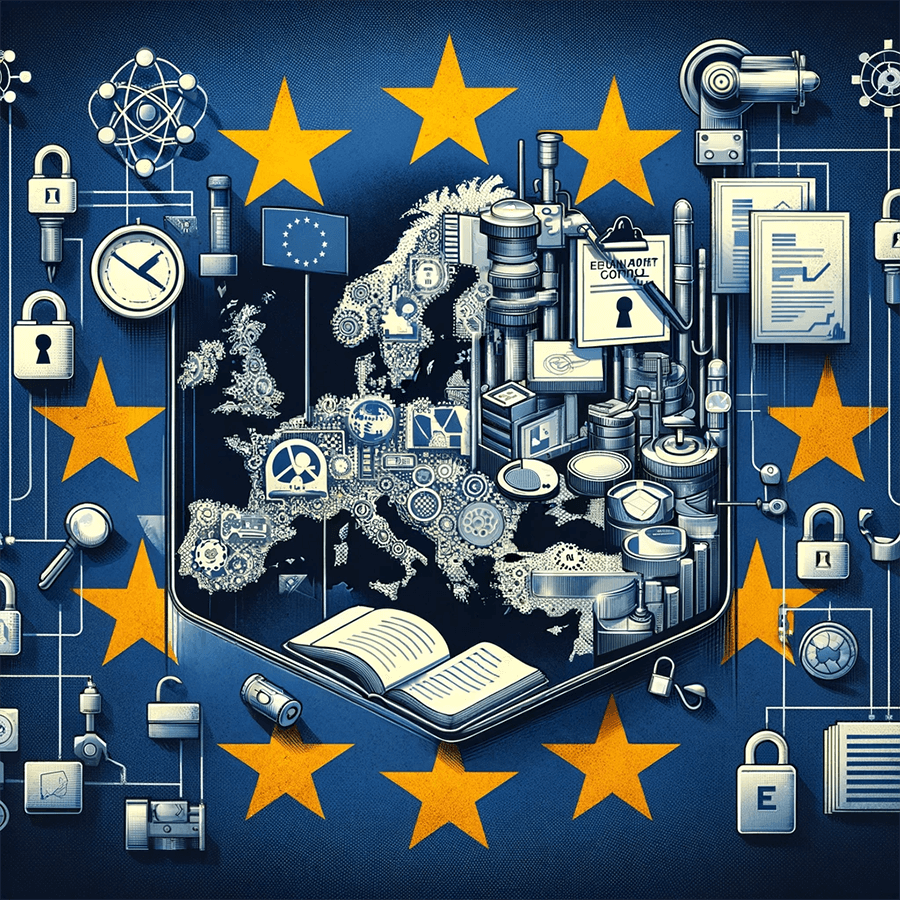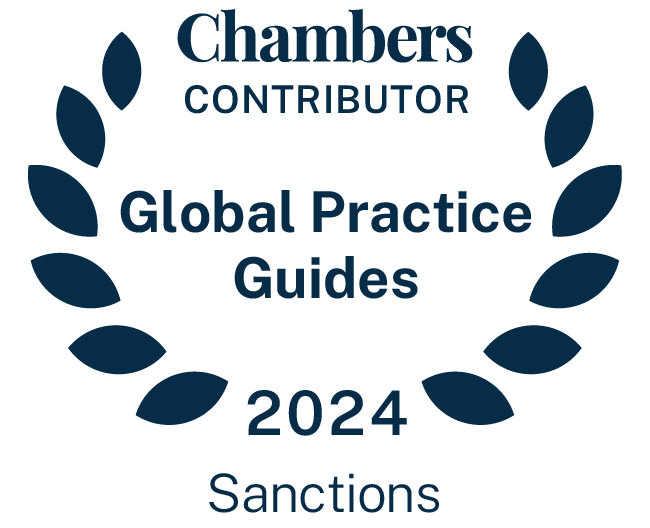Commission Publishes White Paper on Export Controls

Introduction & Background
On 24 January, as part of its Economic Security Package, the European Commission presented five initiatives to strengthen the economic security of the European Union (EU) amid rising geopolitical tensions and technological disruptions.
The five initiatives presented by the Commission are the following:
- Council Recommendation on Research Security;
- White Paper on options for enhancing support for research and development involving technologies with Dual-Use potential;
- Proposal for a new regulation on the screening of foreign investment;
- White Paper on Export Controls;
- White Paper on Outbound Investments.
- In this briefing, we outline the main elements of the White Paper on export controls, which was adopted in response to the Communication adopted by the Commission and the High Representative (“HRVP”) on a European Economic Security Strategy on 20 June 2023.
The Communication from June 2023 called for more rapid and coordinated action at the EU level in the field of dual-use export controls and advocated for making full use of the possibilities offered by the EU’s Dual-Use Regulation (Regulation (EU) 2021/821).
To address these issues, the white paper presents several proposals to foster both uniform and effective controls across the EU and to open a discussion with Member States, the European Parliament (EP), and stakeholders, including the business community, on the evaluation of the functioning of the Dual-Use Regulation and the ability of the current framework to meet effectively the EU’s present and future security needs.
The white paper emphasizes the need to fully implement the EU’s dual-use regulation, providing the urgent need for more dynamic and unified actions at the EU level regarding dual-use export controls.
The main elements of the Commission’s White Paper on Export Controls
Concerning the Dual-Use Regulation of the EU, the white paper highlights that it “significantly revised EU dual-use rules in 2021. That revision takes into account rapid technological developments and the increasing militarisation of emerging technologies, ensures more effective implementation and increases coordination between EU Member States’ national export control authorities as well as with the European Commission”.
The Commission acknowledges that the Dual-User Regulation was instrumental in swiftly imposing sanctions and export controls against Russia, after its full-scale invasion of Ukraine. In this respect, the regulation has greatly enhanced coordination among Member States and improved information sharing with the Commission.
One of the main achievements of the Dual-Use Regulation was elevating the coordination between national export controls at the EU level. This mechanism outlined a process which starts with the Commission publishing an annual “EU compilation of national control lists,” after which Member States decide whether to authorize or deny the export of items introduced by other Member States and listed in these compilations.
The first half of 2023 saw several Member States adopt national control lists aiming to restrict the export of critical technologies outside the Union, initiating the use of this new coordination mechanism.
However, the white paper also points out that “since the adoption of the Dual-Use Regulation, the global context for export controls has fundamentally changed” and that these changes highlight the “need for the EU to have a system of export controls that can deliver fast and in a uniform manner”. Hence, further progress must be made in leveraging export control mechanisms to their fullest capacity. The EU lacks uniform legal provisions to implement standardized export controls across member states.
The White Paper underlines the following main challenges related to export controls:
In a chapter dedicated to ‘recent developments in the field of export controls’ the Commission outlined the limits of the current Export Control framework, which are the following:
- Multilateral Export Control Regimes
are subject to disagreements among their members, and difficulties in swiftly responding to technological advancements and implementing new controls. Such regimes are sensitive to geopolitical tensions, as Russia’s influence in multilateral regimes like the Wassenaar Arrangement, where decisions require consensus, has further complicated matters. The introduction of new export controls is predominantly driven by individual member states within these regimes, without a unified EU stance.
- Unilateral Export Control Regimes established by third countries, such as the US and China, have extraterritorial impacts that challenge the EU’s ability to export technologies and dual-use items.
- The proliferation of national controls within the EU in 2023 underscores the need for more coherent and effective measures. The current framework’s lack of transparency and insufficient consultation processes have led to complications, such as unpredictable supply chain impacts and strained relations with third countries. There is also uncertainty regarding the adoption of controls listed in the Compilation of national control lists by other member states. Furthermore, national export controls applied by one member state do not extend to intra-EU trade, potentially allowing for indirect export of controlled items to third countries.
Proposed Responses of the Commission
To achieve a more rapid and coordinated action at the EU level in export controls and to mitigate risks posed by the multiplication of national controls by Member States, the Commission proposes several responses, including:
- Ensuring the continuation and the strengthening of uniform controls in the EU: To expand the EU list of dual-use items with items that have not to include those items that were not adopted by the multilateral export control regimes due to the blockage by certain members (in particular Russia), the Commission proposes a targeted proposal to introduce such controls in the list set out in Annex I of the regulation.
- Establishing an export policy forum: In light of the geopolitical challenges, the Commission suggests establishing a forum for political coordination between Member States and the Commission, to foster common EU positions, take account of the single market dimension of export control developments, and prepare and coordinate action at international level.
- Better coordination of new National Control lists: To improve the coordination of Member States’ control lists, the Commission intends to adopt a Recommendation, which would require Member States to notify each other and the Commission about any new National Control List before adoption; and would allow Member States to comment on the envisaged list, and raise concerns based on national security matters.
- Advancing the evaluation of the EU Dual-Use regulation: The Commission proposes advancing the evaluation of the dual-use regulation to the first quarter of 2025, instead of the originally planned 2026-2028. This evaluation, supported by a comprehensive study in 2024 and consultations with member states and stakeholders, will aim to address and rectify identified shortcomings.







